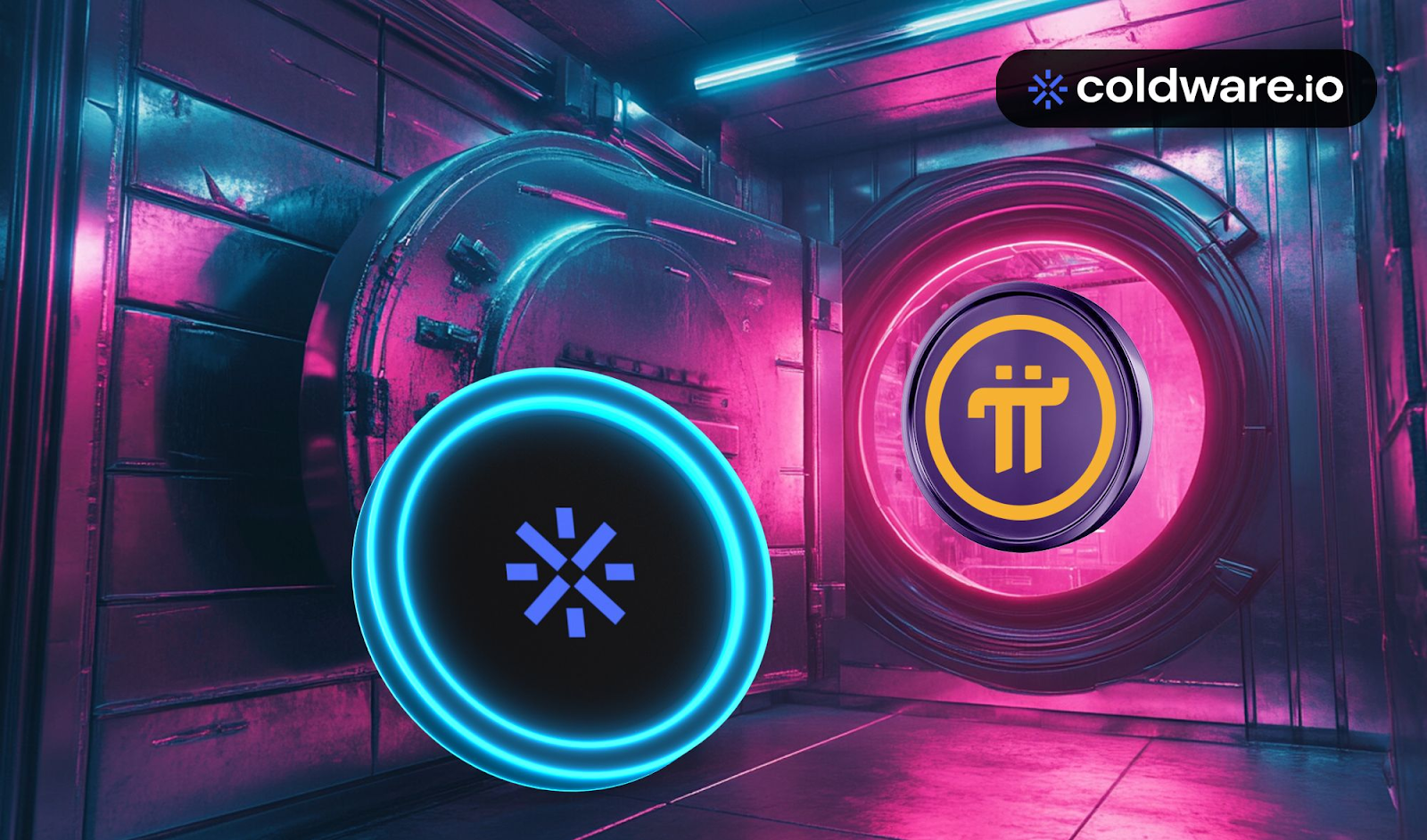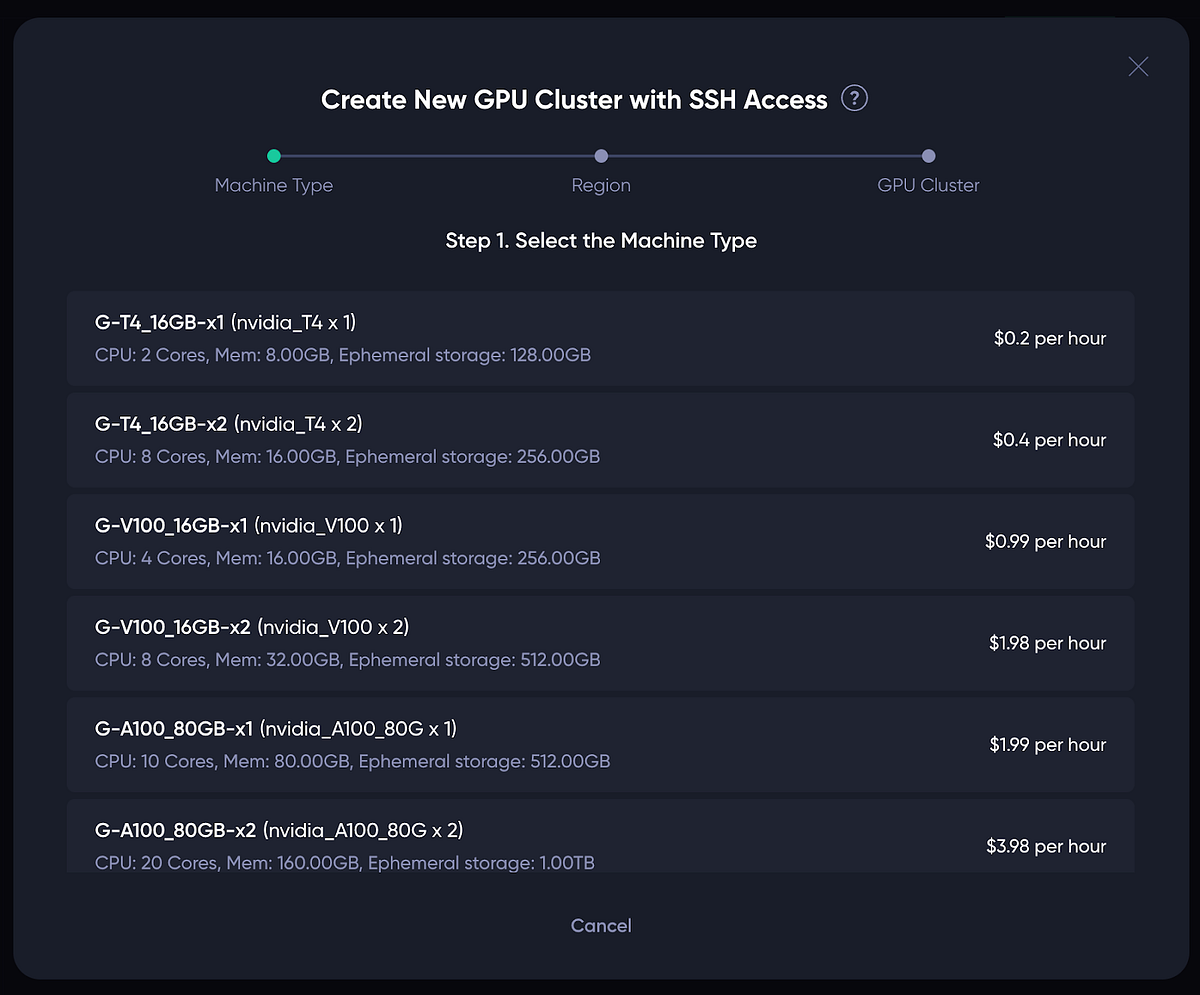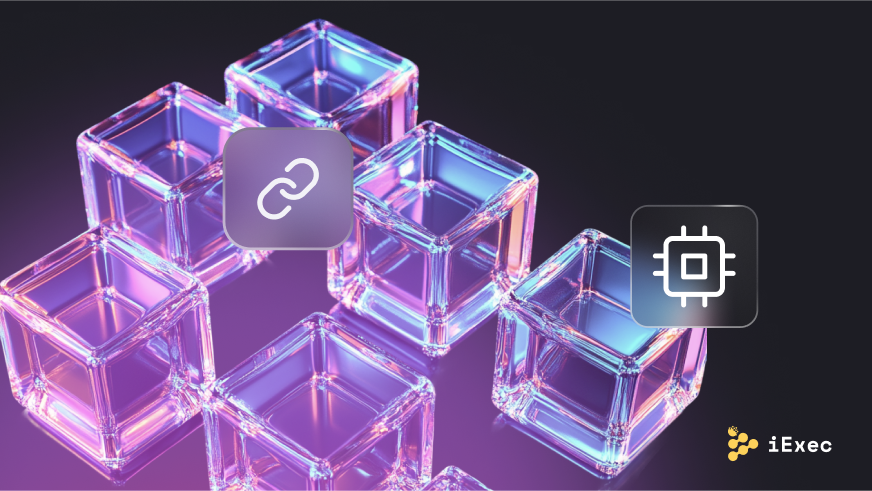IoTeX Introduces Modular DePin Infrastructure to Redefine Web3 Technologies

IoTeX has introduced a novel approach in decentralized physical infrastructure networks (DePins) called the Modular DePin Infrastructure, which aims to redefine the creation and functionality of Web3 technologies. This innovation is more efficient and cost-effective compared to traditional infrastructures. The Modular DePin Infrastructure addresses the challenges faced by DePin startups, such as limited funding and technical difficulties, by offering a flexible and community-driven framework. The infrastructure’s modular design allows for the assembly of customized applications through various modules, such as hardware abstraction, connectivity, sequencer, data availability, long-term storage, off-chain computing, blockchain, identity, and governance. Developers can select and combine these modules based on their project’s specific needs, providing unparalleled adaptability. The modular system’s flexibility supports the development of a wide range of DePin applications, including sensor networks, connectivity networks, and computing networks. Significant DePin projects like DIMO, Hivemapper (HONEY), WeatherXM, Helium, Nodle (NODL), Wicrypt (WNT), Render Network (RNDR), and Akash Network (AKT) exemplify the successful application of this modular infrastructure. The connectivity module explores wireless communication techniques to enhance connections within Web3 networks, incorporating technologies like Bluetooth, LoRaWAN, WiFi, and 5G. The sequencer and data availability modules have been adapted from existing solutions to better suit DePin applications, while long-term storage solutions like Filecoin (FIL) and Arweave (AR) meet these applications’ storage needs. Blockchain platforms such as Ethereum (ETH), IoTeX, and Solana (SOL) provide essential infrastructure for development.
Related News





